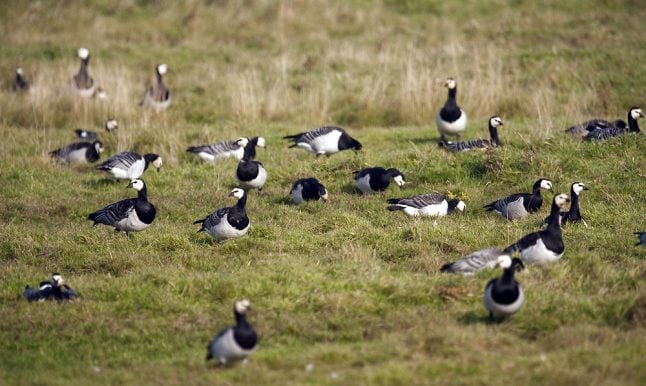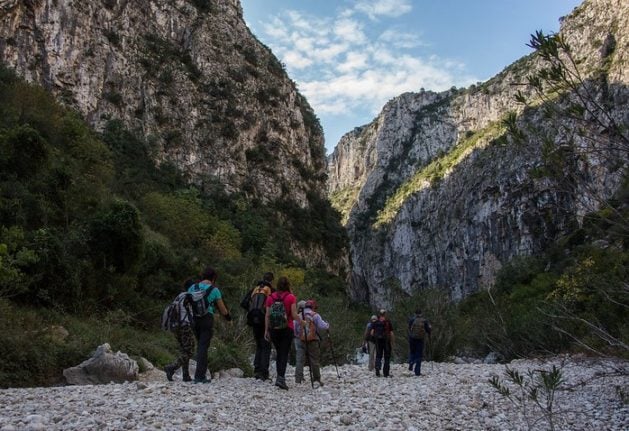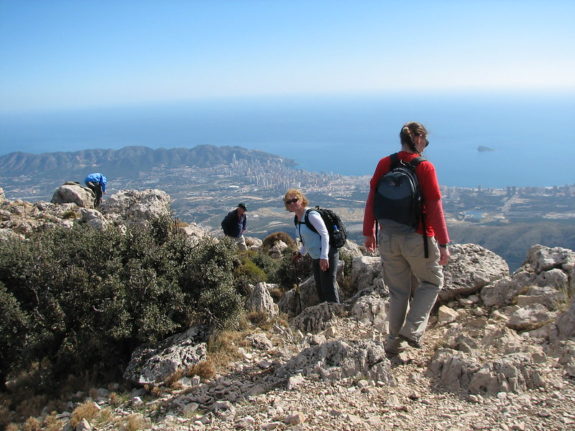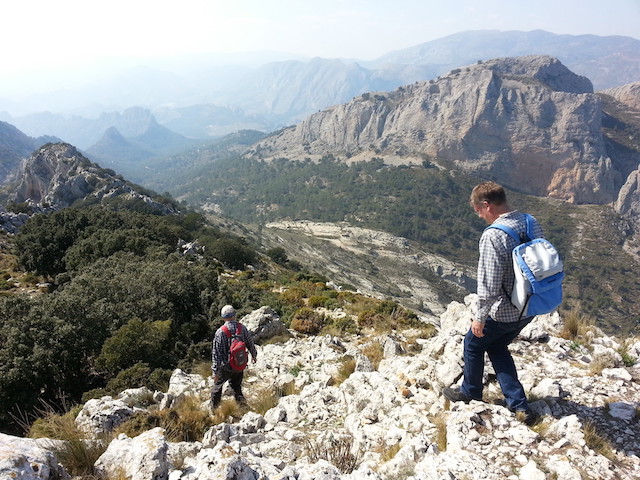In areas such as the island of Møn, which has seen six of the new islands appear near its coast, the new areas mean improved nesting conditions for birds, according to a press release from the Ministry of Environment and Food.
The remaining five of the total 11 new islands are located in the Nissum Fjord waterway in West Jutland.
The islands consist primarily of sand and make up a total area of 63 hectares.
Sea currents are a major factor in creating the islands, said Jes Aagaard, nature expert with the ministry’s Nature Agency (Naturstyrelsen).
“New islands are created by erosion from the mainland sending material into the sea. That most commonly occurs from high slopes, where material falls down and is then transported by currents,” Aagaard said.
“Where the currents reduce in a certain area, the material is deposited, and that can create an island over a period of time. The deposits often occur around areas like promontories, which can give island chains that look like a string of pearls,” he explained.
Islands appearing and disappearing in this manner is a normal part of nature, the expert said.
“Water and currents change our landscape, that’s how it’s always been. Denmark is an Ice Age landscape, created by ice masses which moved the sand and clay.
“Later, the sea eroded coasts in some places and deposited the material in others. But if the sea currents change, there is a chance that a low-water island will disappear again,” he said.
The largest of the new islands is off the coast of Sækkesand, itself a small island near Møn. It has an area of 36 hectares. The five Nissum Fjord islands are smaller, making up a total area of just 0.6 hectares.
Despite their small size, the new islands play an important role for wildlife, Aagard said.
“These isolated islands close to the coast have a colossal importance for many of our coastal birds and waders. They are safe reservoirs on which to nest, where there are no foxes to come and plunder eggs,” he said.
Møn’s islands have for many years been considered islets, since it is only possible to sail around them at high tide. That has now changed, and they can officially be called islands.
Due to their importance to wildlife, it is forbidden to visit the islands around Sækkesand during breeding season, from March 1st to July 31st.
READ ALSO: 'Three million' birds flew from Denmark since 1970s: report





 Please whitelist us to continue reading.
Please whitelist us to continue reading.
Member comments